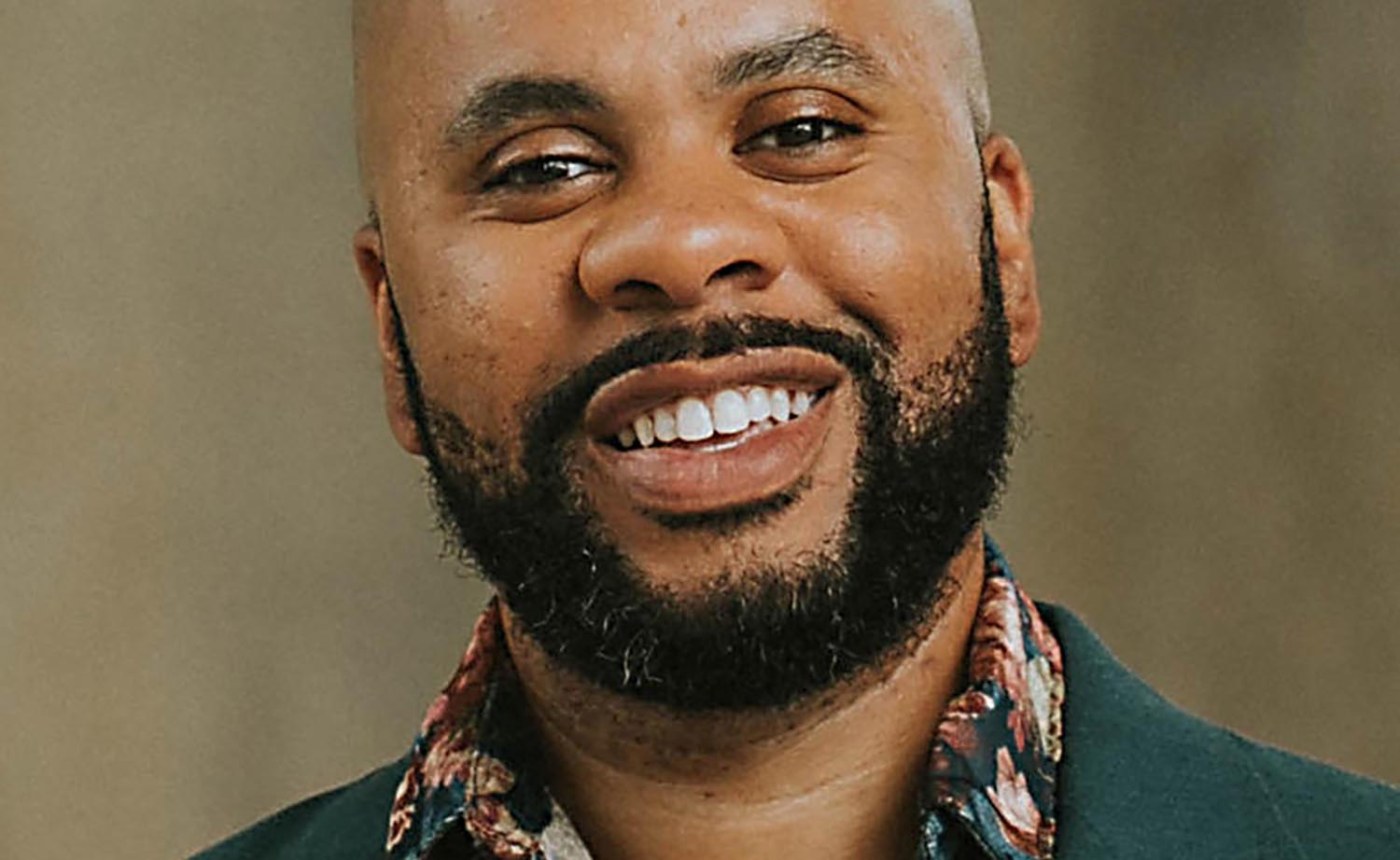
Dear Eric: I’m in my 60s and have a crippling disease that kept me housebound for nearly five years.
Related Articles
Asking Eric: My wife’s father and her life coach have ruined our marriage
Asking Eric: Am I the bad guy if I give gifts to only one of the siblings?
Asking Eric: Should I alert my brother that everyone can see what he’s doing on social media?
Asking Eric: The neighbor mom is making weird requests of my college-age son
Asking Eric: The mom is trying to guilt her teen over his desire to go to school
My daughter moved back home during that time, after her sister took her life and left behind a young son, whom we have been raising together.
A new medication for this disease was recently approved. I’ve been taking it for two years, and it has led to incredibly impressive improvements. I have a new lease on life!
The manufacturers of this medication invited me to be a patient ambassador for them this year. I receive a good stipend for traveling once every other month or so to talk with physicians, pharmacists and other patients struggling with this condition. The trips are very short (one to two days), and my physical needs and limitations are respected and accommodated.
My daughter is angry about this and wants me to stop. She gives a number of reasons: That I’m shilling for Big Pharma, the time it takes for me to recover from trips, all the “what-ifs,” (nonexistent) financial burdens, leaving her behind to cope with a recalcitrant teenager, et cetera. She refuses to participate or support my efforts in any way.
I suspect there’s something else going on. Could she be worried about the time I will leave her behind permanently?
What’s the best way to discuss this with someone who refuses to talk about the fact that I will not always be around, no matter how safe I try to be?
I intend to grab this chance to provide a patient perspective and support others struggling with this disease. It matters to me. Yet I also want my family to accept and support me just as I support them.
– Patient Patient
Dear Patient: I’m sure you’re right: There are probably a lot of other emotions and triggers influencing your daughter’s position. This is understandable, but the first thing to remember is you don’t need her permission to live your life.
Every family system is interconnected, and yours is no different. Collaborating to raise a child, who is surely still grieving the loss of his mother (as you are also still grieving) makes that interconnectedness even more complicated. Communication is key here, as is compromise, but I don’t see your daughter’s demands in that spirit.
For the moment, table debate about your trips. You needn’t stop them, especially if they are helping you feel you’re living your purpose. But you, your daughter, and your grandson should participate jointly and individually in family therapy.
Focus initially on the grief and the new dynamics of your family. Sometimes, when a loved one dies and life has to be dramatically rearranged, we make the first or most immediately available choice. After some of the initial shock has subsided, it’s good to revisit those early choices to make sure they still work for us. I’m not suggesting that your co-raising arrangement needs upending, instead therapy can be an opportunity to process what your shared goals are, how you’re working toward those goals, and any places where those goals don’t align.
Your daughter may never be fully comfortable with your trips. Much of that is her work to do. But by continuing to have conversations that acknowledge how much has changed, you give each other the opportunity to keep changing and growing, too.
Dear Eric: I wanted to respond to your advice to “Lonely At Night,” whose marriage was in trouble and whose husband refused to be physical. The letter writer wanted to get a dog for company, to which the husband was also opposed.
You stated if the wife wants to get a dog and the husband does not, she should get a dog anyway. This is a dangerous recommendation for the dog.
I have worked in dog rescue and adopt my own rescue dogs.
I have seen way too many times that when one person wants a dog and the other does not, that poor dog suffers from neglect and quite often physical abuse from the party who never wanted the pet. Then they end up kicked out of the home, given to dangerous shelters or just suffering from the stress of moving to a new home.
This person needs to adjust or leave her situation, never get a pet that’s going to be at risk.
– A Concerned, Knowledgeable Person
Related Articles
Harriette Cole: I don’t want my book club to think I’m uptight
Miss Manners: My mother embarrasses me at restaurants with her showy post-meal routine
Dear Abby: My wife says being forced to celebrate Christmas will end our marriage
Asking Eric: My wife’s father and her life coach have ruined our marriage
Harriette Cole: My friend ignored my birthday wishes, and the party was awful
Dear Person: I erred in my advice by not adequately considering the impact that the conflict in this home would have on a dog. I greatly appreciate you pointing this out.
Getting a pet won’t solve underlying fractures in a relationship. While adopting can bring a deeply meaningful connection with an animal into one’s life, the letter writer would be wise to wait until the home is more stable – either through counseling or through separation – before pursuing pet adoption.
Send questions to R. Eric Thomas at [email protected] or P.O. Box 22474, Philadelphia, PA 19110. Follow him on Instagram @oureric and sign up for his weekly newsletter at rericthomas.com.